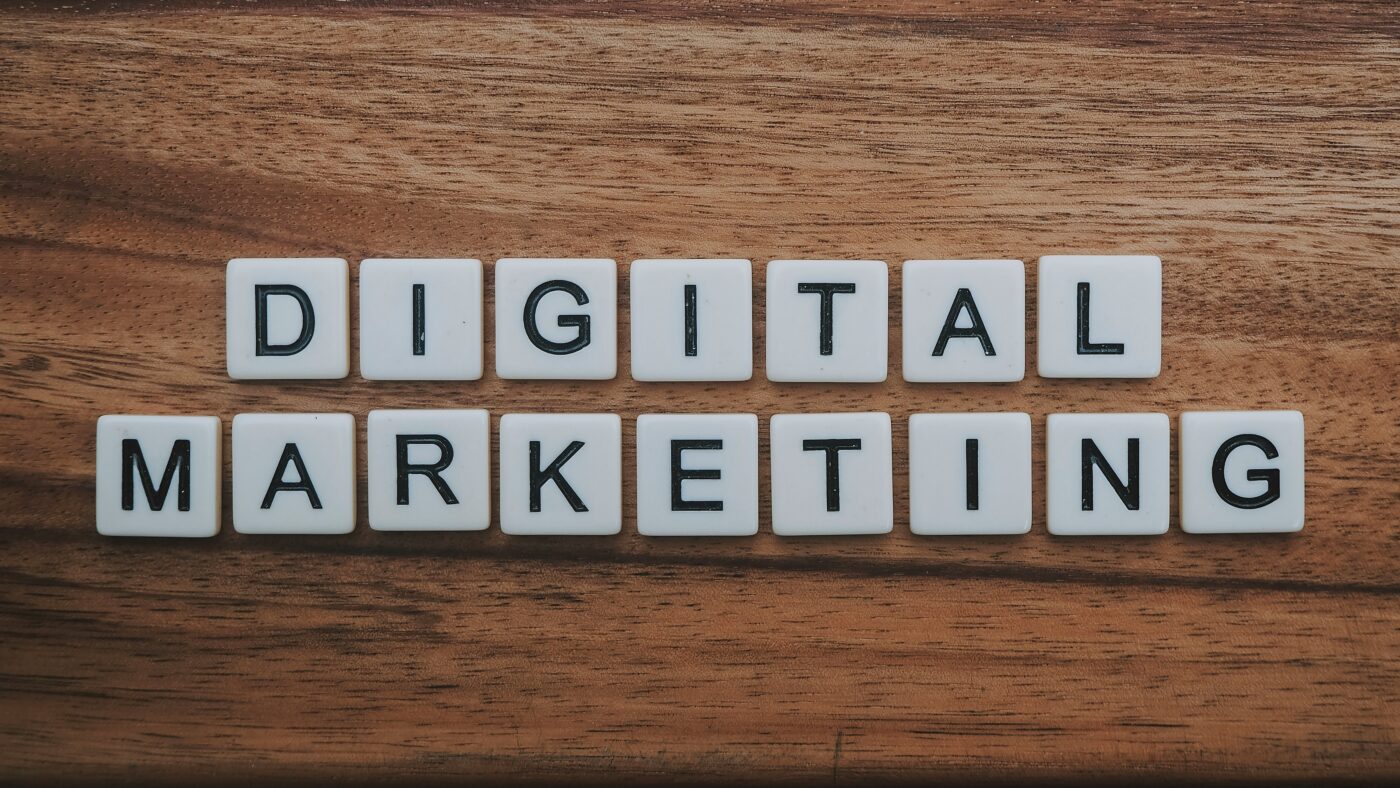In today’s digital age, the worlds of marketing and information technology (IT) have become increasingly intertwined. The rise of technology has revolutionized the way businesses operate, and digital marketing has emerged as a powerful tool for reaching and engaging with customers. In this blog post, we will explore the intersection of digital marketing and IT and how businesses can harness the power of technology for success.
The Role of IT in Digital Marketing
Information technology plays a crucial role in digital marketing strategies. IT infrastructure provides the foundation for digital marketing efforts, enabling businesses to collect, analyze, and utilize data to drive marketing decisions. From website development and maintenance to data analytics and customer relationship management (CRM) systems, IT is at the core of digital marketing operations.
One of the key areas where IT and digital marketing intersect is in the realm of data analytics. With the help of IT systems, businesses can collect and analyze vast amounts of data to gain insights into customer behavior, preferences, and trends. This data-driven approach allows marketers to create targeted and personalized campaigns, resulting in higher conversion rates and improved ROI.
The Benefits of Integrating IT and Digital Marketing
Integrating IT and digital marketing offers numerous benefits for businesses:
- Improved Efficiency: By leveraging IT systems, businesses can automate various marketing processes, such as email marketing, social media scheduling, and content distribution. This automation not only saves time but also ensures consistency and accuracy in marketing efforts.
- Enhanced Customer Experience: IT enables businesses to create personalized experiences for customers. By leveraging data analytics, businesses can understand customer preferences and deliver targeted content, offers, and recommendations, resulting in a more engaging and satisfying customer experience.
- Increased Reach and Visibility: Digital marketing, powered by IT, allows businesses to reach a wider audience and increase their online visibility. Through search engine optimization (SEO), social media marketing, and online advertising, businesses can attract and engage with potential customers across various digital channels.
- Real-Time Monitoring and Optimization: IT systems enable businesses to monitor and track the performance of their digital marketing campaigns in real-time. This allows marketers to make data-driven decisions and optimize their strategies for better results.
Key Technologies Driving the Intersection
Several key technologies are driving the intersection of digital marketing and IT:
- Artificial Intelligence (AI): AI-powered technologies, such as machine learning and natural language processing, are revolutionizing digital marketing. AI enables businesses to automate tasks, personalize customer experiences, and make data-driven decisions.
- Big Data Analytics: The ability to collect, store, and analyze large volumes of data is essential for effective digital marketing. Big data analytics tools allow businesses to gain valuable insights into customer behavior and preferences, enabling them to create targeted campaigns.
- Marketing Automation: Marketing automation platforms streamline and automate marketing processes, such as lead nurturing, email marketing, and social media management. These platforms integrate with IT systems to deliver personalized and timely marketing messages.
- Customer Relationship Management (CRM) Systems: CRM systems enable businesses to manage and analyze customer interactions and data. By integrating CRM with digital marketing efforts, businesses can create personalized campaigns and improve customer retention.
Conclusion
The intersection of digital marketing and IT presents immense opportunities for businesses to leverage technology for success. By integrating IT systems and digital marketing strategies, businesses can improve efficiency, enhance customer experiences, increase reach and visibility, and make data-driven decisions.

